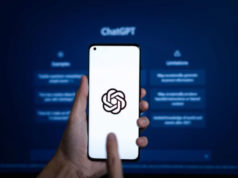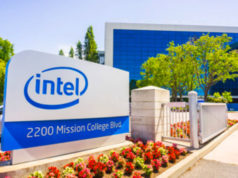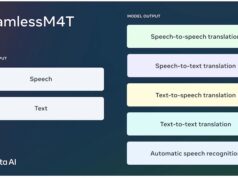NEW YORK (Reuters) – Verizon Wireless, the No. 2 U.S. mobile service, sees future growth coming from data services like mobile downloads and from customers won over from rivals, chief executive Denny Strigl said on Wednesday.
Bigger rival Cingular Wireless and smaller rival Alltel Corp., whose executives also spoke at an investor conference in New York on Wednesday, are also eyeing data services for growth but have a more cautious view.
Strigl predicted strong growth for existing data services, including text messaging, music downloads and digital photograph swaps, as well as upcoming features like advertising on cell phones and local search applications that direct customers to shops or restaurants.
«Where does most of our growth come from in the future? Clearly it’s from the data side of the business,» Strigl told the Goldman Sachs conference.
«I’m very optimistic about our ability to grow data at a very fast pace,» said the head of the venture of Verizon Communications Inc. and Vodafone Group Plc.
Its biggest rival Cingular Wireless, owned by AT&T Inc and BellSouth, also sees significant growth from data though growth from voice services remains key, chief operating officer Ralph de la Vega said.
«I think we’ll see a lot of growth coming from data,» de la Vega told Reuters at the conference. «I don’t think I would say most of it. The consumer market is not fully penetrated.»
Almost 12 percent of Cingular second-quarter service revenue came from data compared with 13 percent at Verizon Wireless and 6 percent at Alltel, the leading rural service.
Alltel chief executive Scott Ford said his company is just «starting to catch up with data» as it was slower to build high speed data networks than some of its rivals.
But Ford questioned how many players in the industry would reap strong returns from data services.
«Everybody’s been building the networks as if they’ll show up,» he said. «I’ll be surprised if seven people … make the bet and make it pay. I think its more like 2 or 3,» he said.
Growth Battle
Verizon Wireless led subscriber growth in the industry in the second quarter, followed by Cingular. Cingular aims to catch up to Verizon’s market-leading performance in customer cancellations, or churn, de la Vega said.
«You’ll see us continue to improve churn into 2007,» he said. Cingular reported 1.7 percent churn in the second quarter compared with 1.1 percent at Verizon Wireless.
Strigl said his company would keep taking market share from its rivals. Analysts believe it has done so in recent quarters, since overall subscriber growth has slowed with nearly 70 percent of the U.S. population already owning cell phones.
Strigl does not anticipate a slowdown in demand for mobile services, despite the penetration level. He sees consumers subscribing on multiple devices, from laptops to car phones.
«Do I see a slowdown in growth in this industry in the near term? No, I do not,» he said. «I think we have a lot of upside. I don’t see 100 percent penetration as complete penetration.»
Some European countries have wireless penetration rates of more than 100 percent as consumers carry more than one device.
Strigl told Reuters that LG Electronics Inc.’s Chocolate phone, which drew a lot of industry attention when it launched this summer, was selling «very well» and would be one of Verizon’s top sellers.
Fuente: Reuters, Sinead Carew

















